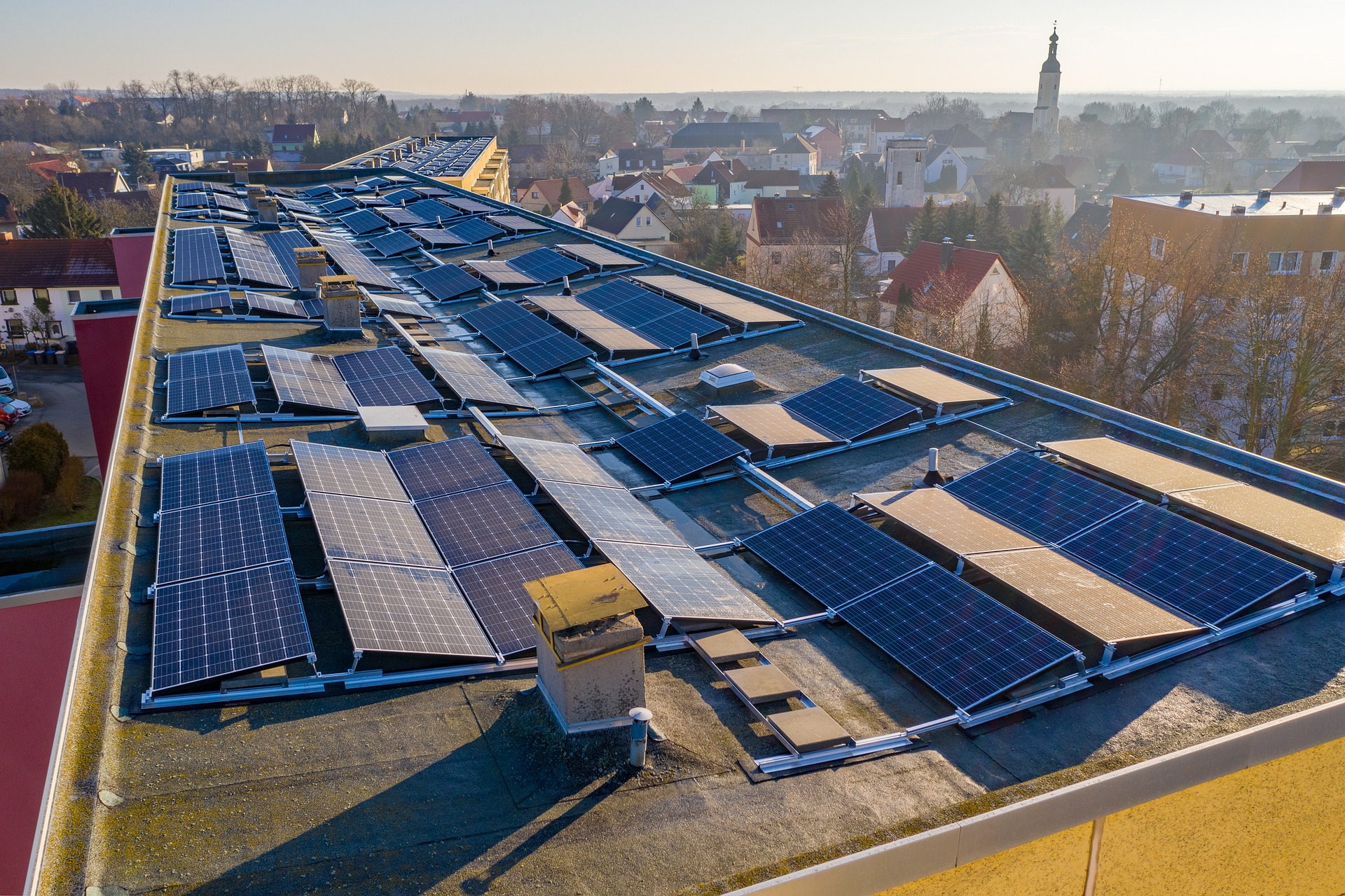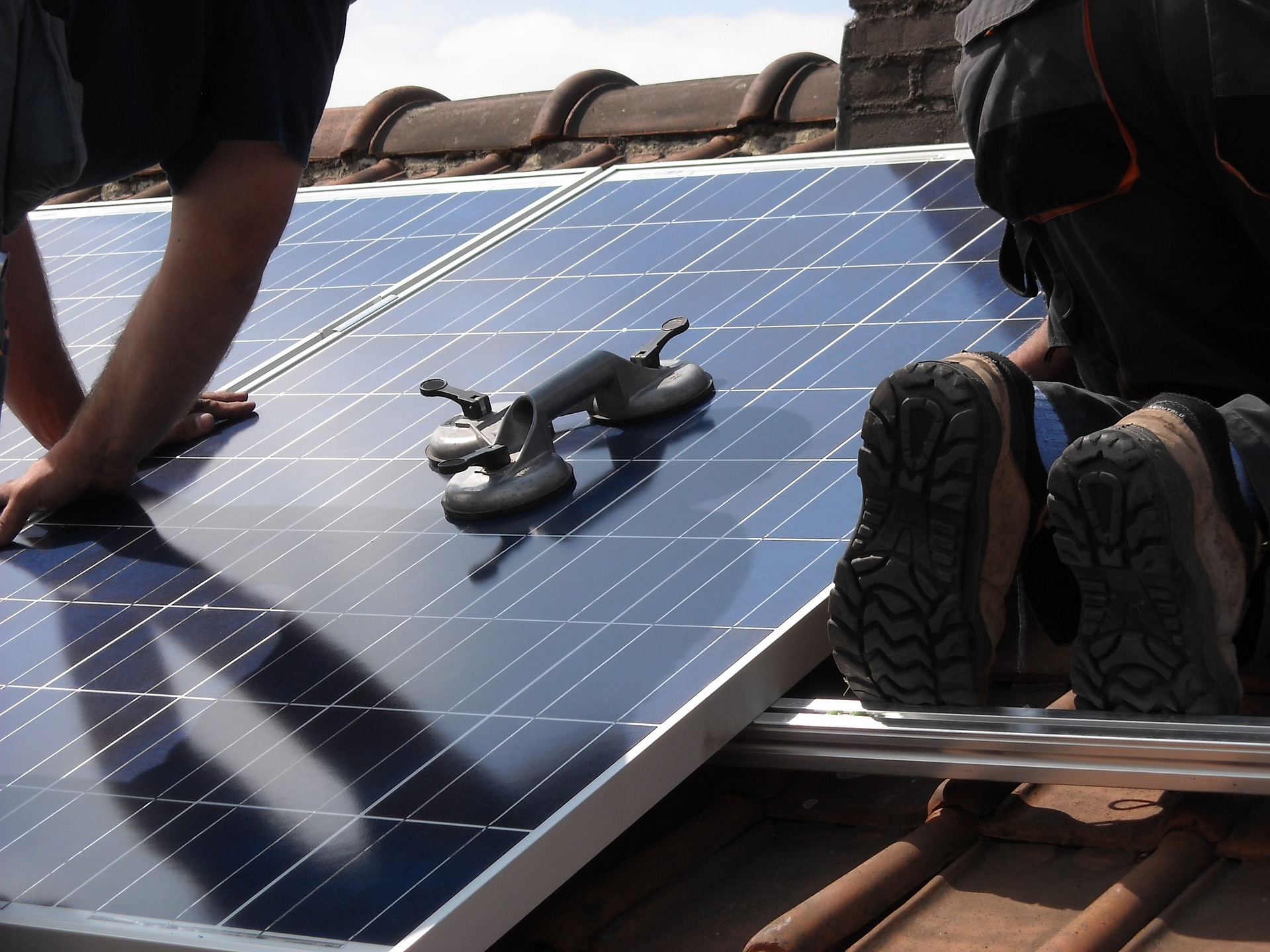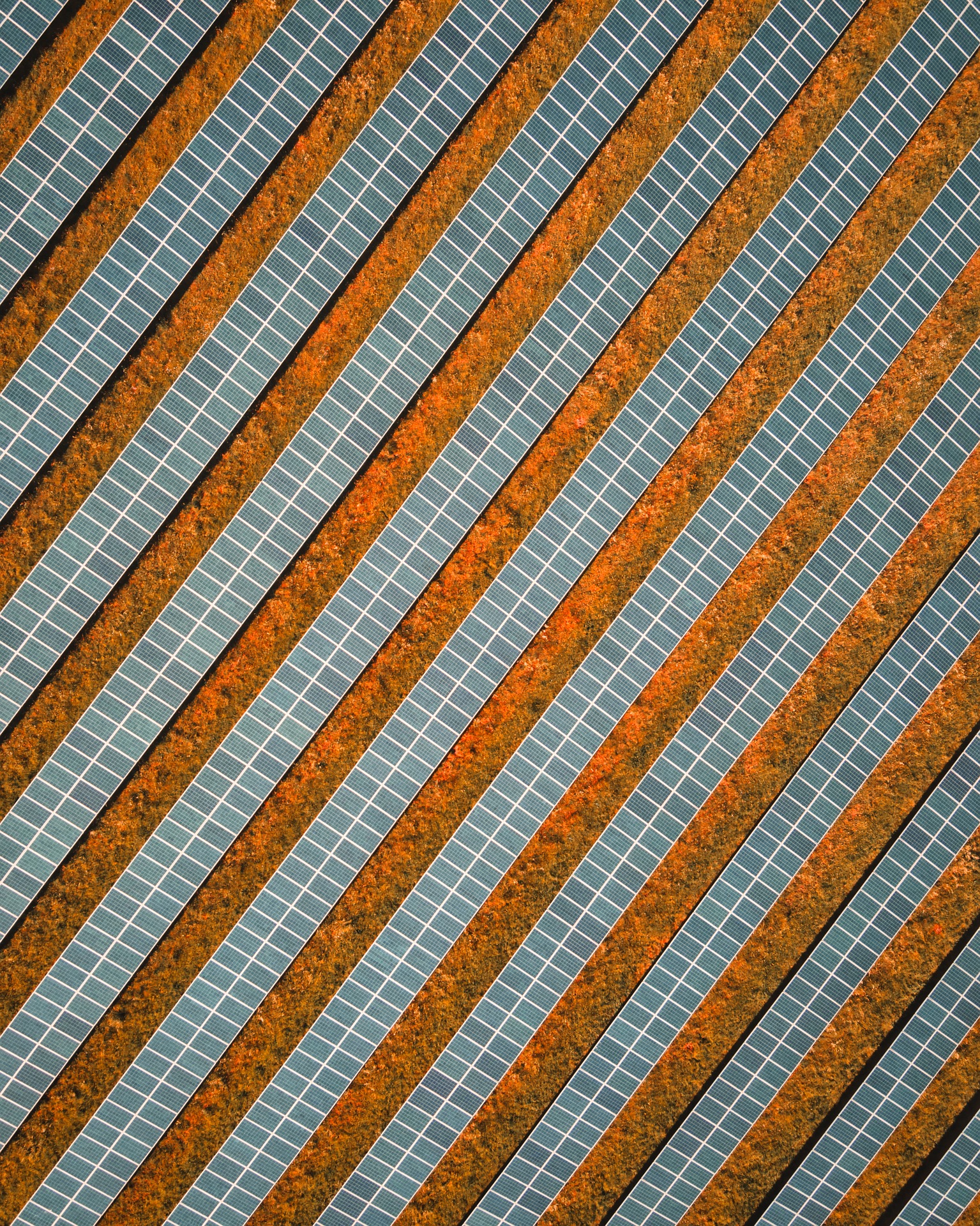Introduction: Why Microinverters Matter in Solar Energy

The shift towards renewable energy has brought countless innovations to the solar industry, and microinverters are one of the most transformative technologies available today. Unlike traditional inverters, microinverters offer unique advantages that optimize solar energy generation and increase system reliability. This article will provide an in-depth look at what microinverters are, how they work, and their key features to help you decide if they are the right choice for your solar power system.
What Is a Microinverter?
A microinverter is a compact device installed on the back of each solar panel in a photovoltaic (PV) system. Its primary function is to convert the direct current (DC) produced by solar panels into alternating current (AC) that can be used by household appliances or sent to the power grid. Unlike string inverters, which convert DC to AC for an entire string of panels, microinverters work individually, ensuring that each panel operates at peak efficiency.
This distinction makes microinverters especially valuable in complex or shaded environments, where performance may vary between panels.
Key Features of Microinverters

Individual Panel Optimization One of the standout features of microinverters is their ability to optimize each solar panel independently. Traditional systems with string inverters are limited by the performance of the weakest panel in a string—whether due to shading, dirt, or damage. Microinverters eliminate this issue, ensuring that each panel contributes its maximum potential output.
Enhanced System Scalability Microinverters make it easy to expand your solar energy system over time. Since each panel operates independently, you can add more panels without needing to upgrade or reconfigure the existing inverter system. This flexibility is particularly beneficial for homeowners who plan to increase their energy production capacity in the future.
Real-Time Performance Monitoring Many microinverter systems include advanced monitoring tools that allow you to track the performance of individual panels. This real-time data can be accessed through a mobile app or online portal, providing valuable insights into energy generation, system efficiency, and potential issues.
Increased Safety Microinverters operate at lower voltages than string inverters, reducing the risk of electrical hazards. This feature is particularly important during installation, maintenance, or in the event of an emergency.
Improved Performance in Shaded Conditions Partial shading from trees, chimneys, or nearby buildings can significantly impact the output of traditional string inverter systems. Microinverters, however, allow each panel to work independently, ensuring minimal energy loss in shaded conditions.
Durability and Reliability Microinverters are built to withstand harsh weather conditions and have a longer lifespan than traditional string inverters. Most come with warranties ranging from 10 to 25 years, providing peace of mind for system owners.
Advantages of Microinverters
Microinverters offer several advantages over traditional string inverters, including:
· Higher Energy Yield: By optimizing each panel individually, microinverters maximize overall system efficiency.
· Simpler Maintenance: Issues can be pinpointed to a specific panel, making troubleshooting and repairs more straightforward.
· Future-Proof Design: Their scalability and flexibility make them ideal for evolving energy needs.
When to Choose Microinverters

Complex Roof Layouts Homes with multiple roof angles or obstructions that cast shadows at different times of the day benefit greatly from microinverters. Each panel operates independently, ensuring consistent energy production across all sections of the roof.
Unpredictable Shading If your property experiences partial shading due to trees, utility poles, or other obstacles, microinverters ensure that shading on one panel doesn’t reduce the performance of the entire system.
Desire for Detailed Insights For homeowners and businesses that want detailed information about their solar system’s performance, microinverters provide panel-level monitoring and diagnostics.
Smaller Systems with Expansion Plans Microinverters are ideal for small systems that may be expanded later. They eliminate the need for costly upgrades to central inverters as the system grows.
Drawbacks of Microinverters
While microinverters offer many benefits, there are a few considerations to keep in mind:
· Higher Initial Cost: Microinverters are generally more expensive upfront compared to string inverters. However, their long-term benefits often offset this initial investment.
· Installation Complexity: Since each panel requires its own microinverter, installation may take longer and require skilled technicians.
· Roof Access for Repairs: If maintenance is needed, accessing individual microinverters on the roof can be more challenging than servicing a single string inverter.
Microinverters vs. String Inverters: A Quick Comparison
|
Feature |
Microinverters |
String Inverters |
|
Panel-Level Optimization |
Yes |
No |
|
Performance in Shading |
Minimal impact on other panels |
Shading reduces entire string output |
|
Scalability |
Easy to expand |
More challenging to upgrade |
|
Monitoring |
Panel-level |
System-level |
|
Cost |
Higher upfront cost |
Lower initial investment |
Mushroom Solar: Your Trusted Partner for Solar Solutions

If you’re considering incorporating microinverters into your solar energy system, look no further than Mushroom Solar. We specialize in cutting-edge solar solutions designed to maximize energy efficiency, reliability, and sustainability. Our microinverters are engineered with precision and backed by comprehensive support to ensure your solar system delivers optimal performance for years to come.
At Mushroom Solar, we’re more than just a solar equipment provider—we’re your partner in renewable energy. Visit us at Mushroom Solar to explore our range of microinverters, solar power meters, and other innovative products. Let us help you take your first step toward a greener, more energy-efficient future.


